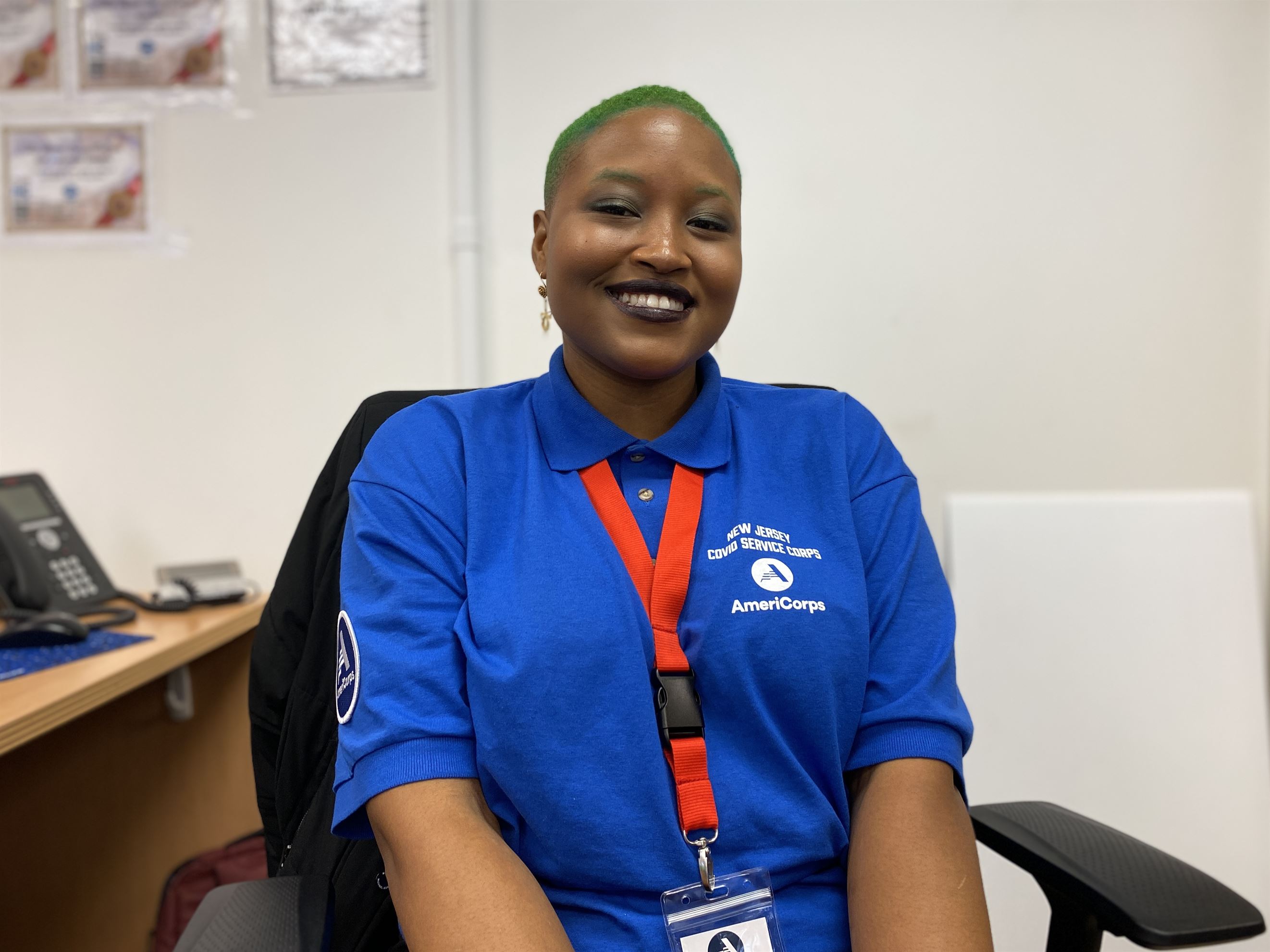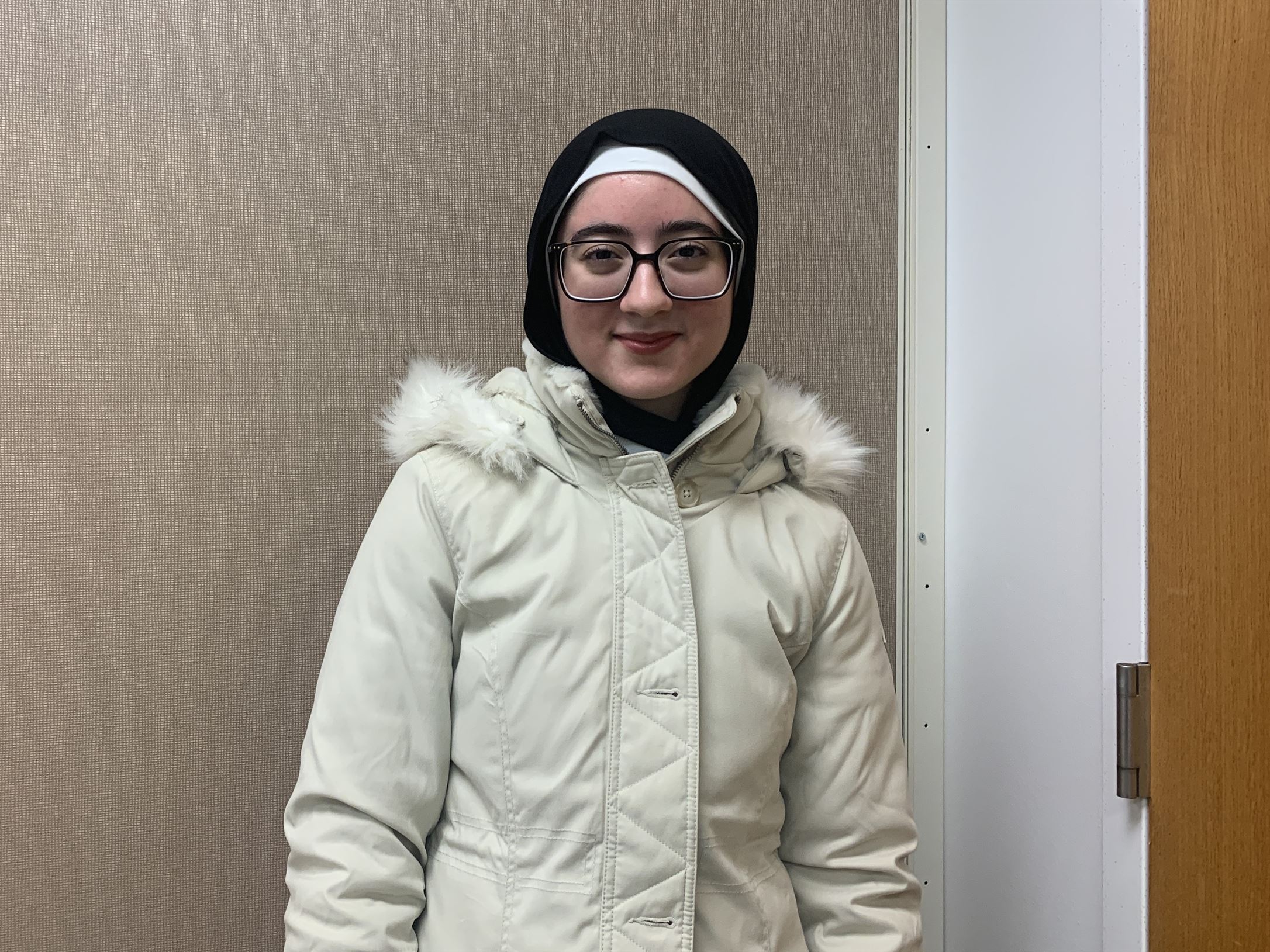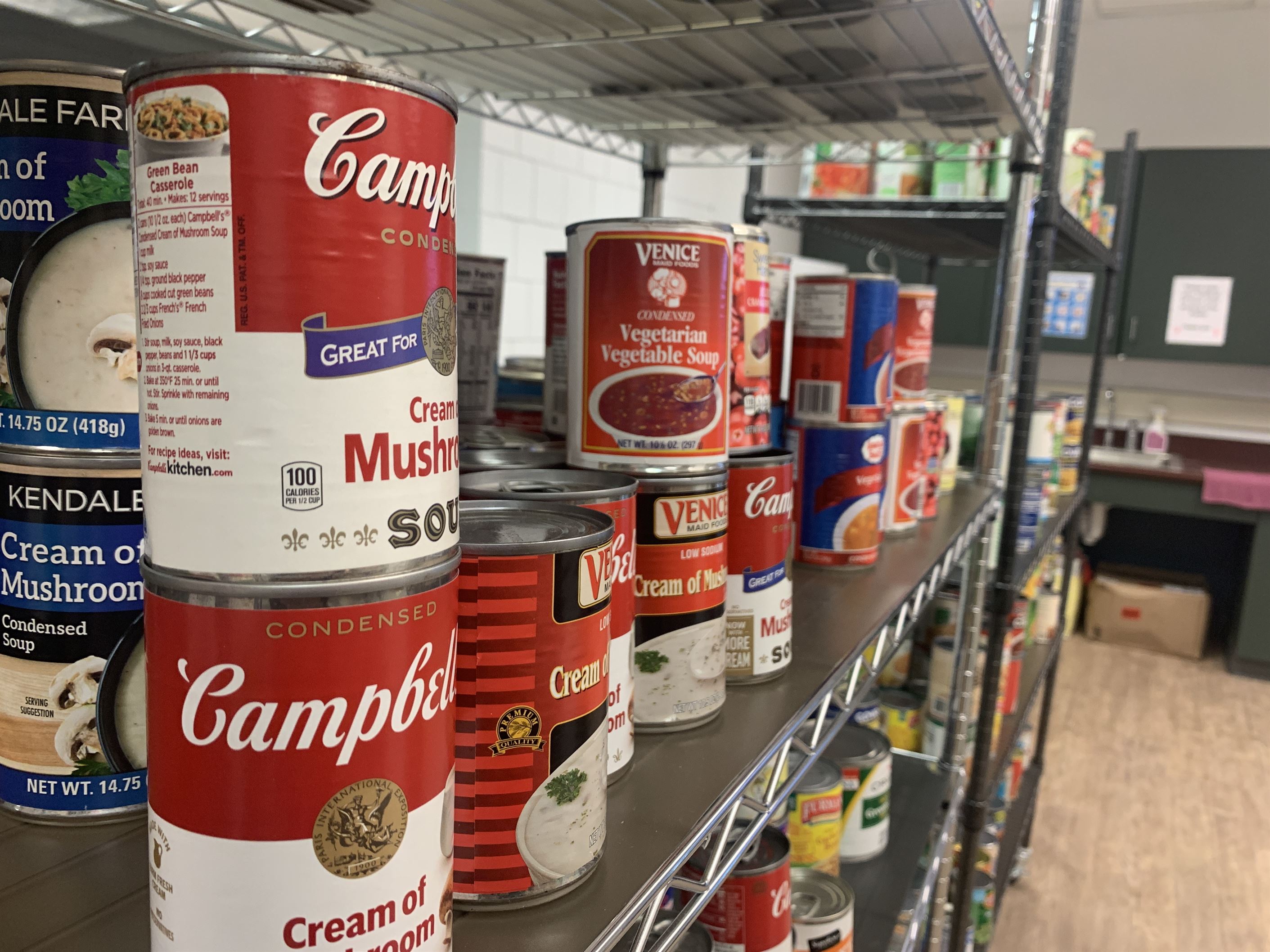Hunger is a prevalent issue among college students that can have a dire effect on one’s education. Being away from home for the first time proposes grocery shopping, budgeting and financial difficulties. On top of tuition, students face great expenses in order to eat. Different dietary restrictions and allergies often propose a problem in eating the “normal” campus food.
According to an audit done by Lauren Dinour, a Montclair State University nutrition and food studies professor, and Chris Snyder, a researcher for the university, 43.6% of the students surveyed reported experiencing food insecurity in the spring of 2019. Food insecurity is defined as having the amount or quality of the food you eat decrease.
“Students experiencing food insecurity were more likely to have exhausted their meal plans if they had purchased one, and meal plan exhaustion may be correlated with, or a potential indicator of, student food insecurity,” the study said.
According to an article published by “No Kid Hungry,” students with food insecurity can face problems such as poor academic performance, difficulty concentrating, lack of motivation, tiredness and behavioral problems.
Created in 2016, Montclair State’s Red Hawk Pantry aims to put an end to campus’s food insecurity problem. Providing students with various food and hygiene items as well, the pantry is open to all students and staff despite their financial status.
Maria Tobar, a senior biology major, has felt the impact of food insecurity on campus. As a commuter student, she often has to buy food on campus but feels the hit of overpriced items.
“If I do get breakfast, I try to maximize it the most,” Tobar said. “If I get a sausage, egg and cheese [sandwich] from Dunkin, I eat half of it for breakfast and half for lunch. [And] if I ever get a drink here, I never get ice because that diminishes the amount of drink you get.”

Maria Tobar, a senior biology major, uses the Red Hawk Pantry to alleviate food insecurity brought on by the expensive food prices on campus.
Sal DiMaggio | The Montclarion
The food pantry provides her with an outlet for the days she can’t afford to purchase food and gives her more access to food on campus as a commuter.
“For the commuters, we spend so much time here [on campus] and we need the pantry to be here, [that] way we can have the facility to take [food] home,” Tobar said.
The audit also revealed that 51.5% of students experiencing food insecurity at Montclair State were not aware of the Red Hawk Pantry.
Jasmin Holmes, a senior family science and human development major and intern at the Red Hawk Pantry, feels that more should take advantage of it.
“Honestly, not as many [students] as we’d like [know about the Red Hawk Pantry],” Holmes said. “We have a lot of really great stuff here. We are trying to spread the word as much as we can that this is a resource for students.”

Jasmin Holmes, a senior family science and human development major, feels that more students should know about the Red Hawk Pantry and the resources it provides.
Sal DiMaggio | The Montclarion
Nedeen Khashashina, a junior biology major and Red Hawk Pantry volunteer, is pleased that the university has this resource for students and that the pantry plans to be more accessible.
“I think it is really good that Montclair [State] has this for students,” Khashashina said. “I don’t think a lot of universities do. The food pantry would like to open up at more times.”

Nedeen Khashashina, a junior biology major and Red Hawk Pantry volunteer, is pleased that the university offers this resource to students.
Roxanne Gribbin | The Montclarion
Tobar said that in her experience as a student, there wasn’t much promotion of the Red Hawk Pantry.
“I didn’t find out about this until [my] junior year,” Tobar said. “When you first get enrolled into the school, there’s a lot of things that they don’t tell you. They don’t [mention] it in the [weekly] emails that often either. I just feel that communication is really little.”
Tobar also shared ideas on how awareness about the pantry could be spread.
“There could be posters in all the halls, [and] maybe on the doors when people go in,” Tobar said. “Especially where people go to eat like Freeman Hall or Sam’s Place.”
Given how little students know about the pantry, spreading the word about it is a big goal of the people who work there. Holmes reiterated that the more people that know about the pantry, the better.
“If we keep getting all the donations that we have now, I think that it could really help the campus,” Holmes said. “Especially if people learn about it and they know about it, it will be a great resource for everyone.”
According to the pantry’s website, members of the campus community can contribute by making donations. To find a list of what to donate, you can visit the pantry’s page on the university’s website. Students can also support the pantry by buying a Red Hawk Pantry t-shirt from the University Bookstore. The pantry receives five dollars for every shirt sold.
The pantry is open Monday through Thursday. To see a complete list of hours, you can visit the pantry’s web page.



